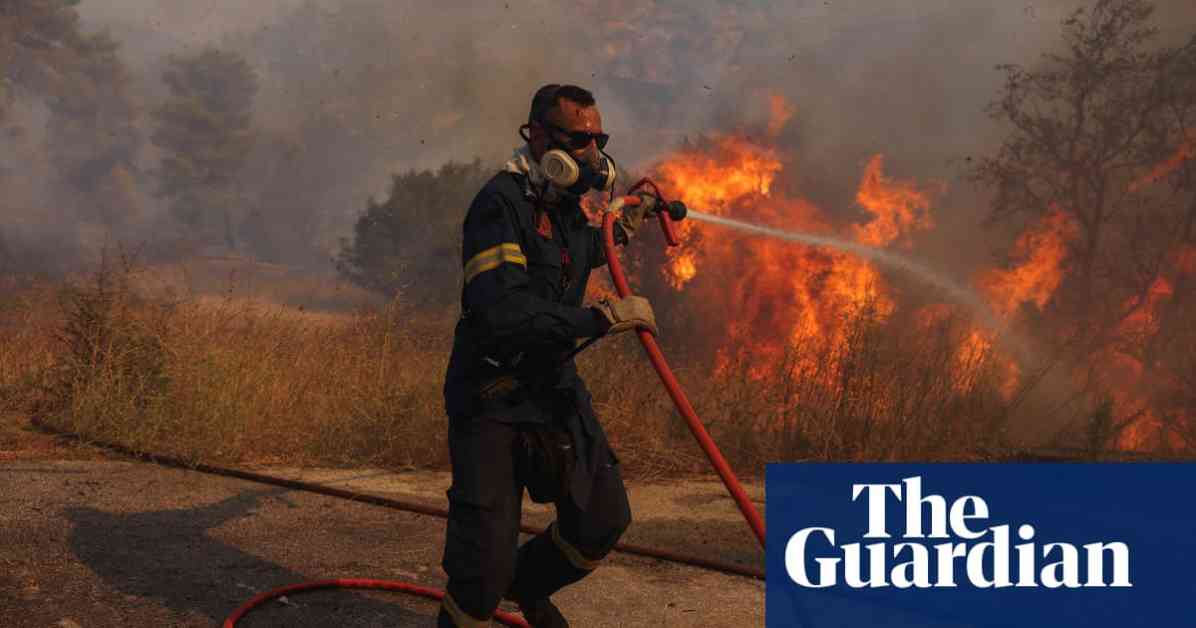Last year, nearly 50,000 people in Europe lost their lives due to the scorching heat exacerbated by carbon pollution, according to recent research. This alarming statistic highlights the urgent need for action to address the devastating impact of rising temperatures on public health.
The study, published in Nature Medicine, revealed that Europe is warming at a much faster rate compared to other regions around the world. As a result, heatwaves have become more frequent, longer, and hotter, leading to a significant increase in heat-related deaths. Despite efforts to adapt to these extreme weather events over the past two decades, the mortality rate remains unacceptably high.
Elisa Gallo, an environmental epidemiologist at ISGlobal and the lead author of the study, emphasized the importance of continued efforts to combat the effects of climate change. She pointed out that while progress has been made in adapting societies to heatwaves, more needs to be done to prevent further loss of life.
The findings also revealed that cooler countries like the UK, Norway, and Switzerland will experience a significant rise in uncomfortably hot days in the coming years. However, southern European countries, which are already accustomed to hot weather, will continue to bear the brunt of the heat-related mortality.
Greece, Italy, and Spain were identified as the countries with the highest heat-related mortality rates in 2023. Greece, in particular, recorded 393 deaths per million people, underscoring the urgent need for action to protect vulnerable populations.
To address the growing threat of heatwaves, experts recommend a multi-faceted approach that includes designing cooler cities, setting up early warning systems, and strengthening healthcare systems. Individual actions such as staying hydrated, seeking shade, and checking on elderly neighbors can also make a significant difference in reducing heat-related deaths.
Dr. Santi Di Pietro, an assistant professor of emergency medicine, highlighted the importance of simple measures like staying hydrated and avoiding the sun during peak hours. He emphasized the need for collective action to address the health impacts of climate change and protect vulnerable populations.
As the planet continues to warm at an alarming rate, it is clear that climate change must be treated as a public health crisis. By taking proactive measures at both the individual and governmental levels, we can mitigate the impact of rising temperatures and prevent further loss of life due to extreme heat events.












